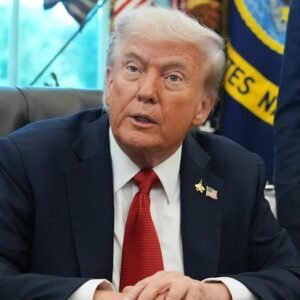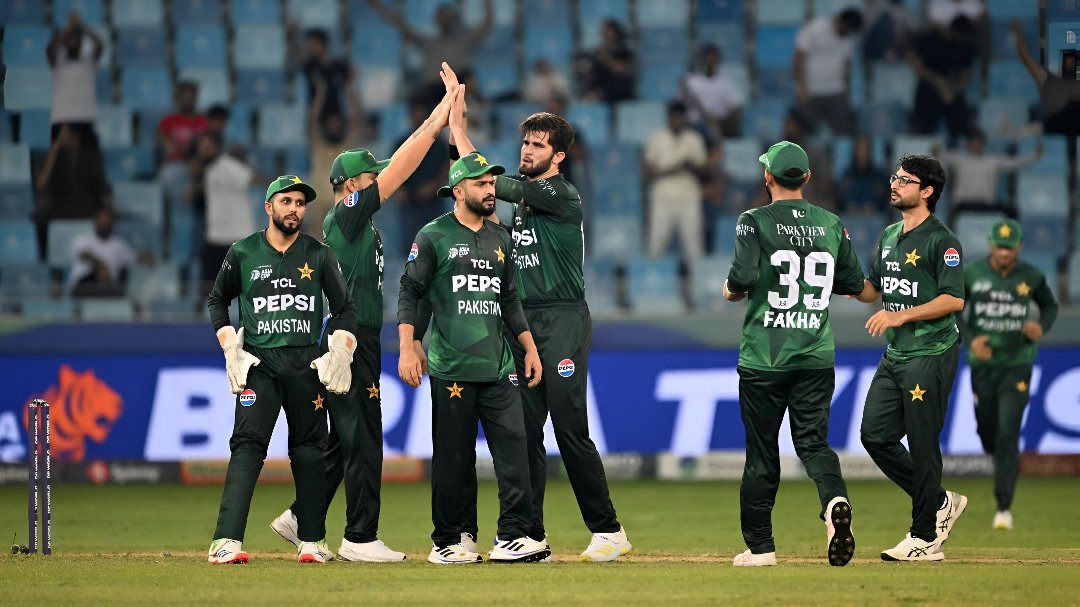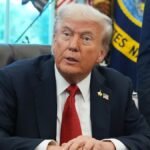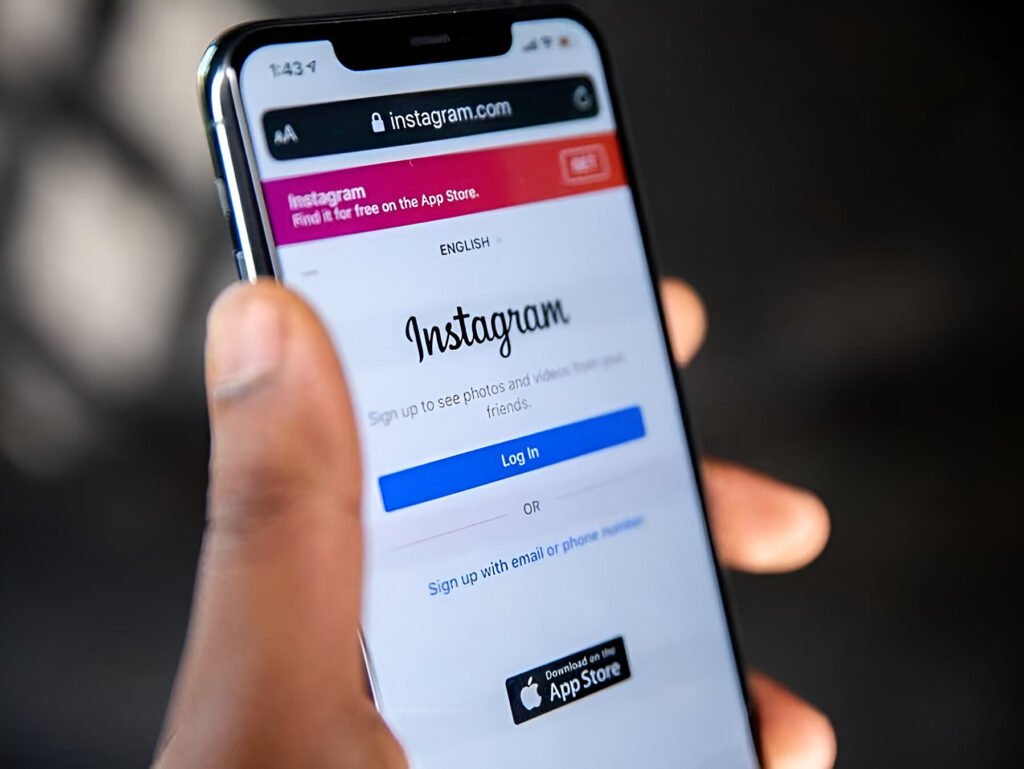
As tensions between India and Pakistan spiral to their worst in decades, a new controversy is stirring online—this time involving global tech giant Meta and one of Instagram’s largest Muslim news platforms. The Instagram handle @Muslim, which boasts more than 6.7 million followers globally, has been blocked in India following a legal request from the Indian government.
For millions of users trying to access the account from within the country, a message now appears: “Account not available in India. This is because we complied with a legal request to limit this content.” The action has generated intense responses, reigniting controversies regarding censorship, free speech, and increasingly influential governments on social networks.
The Ban and the Backlash
The restriction was reported by Ameer Al-Khatahtbeh, founder and editor-in-chief of the @Muslim account. “Meta has blocked the @Muslim account by legal request of the Indian government. This is censorship,” he stated in a press release shared with his followers.
Al-Khatahtbeh noted that he was inundated with messages from Indian followers who could no longer access the account. “When platforms and countries try to silence media, it tells us that we are doing our job in holding those in power accountable,” he said, emphasizing his commitment to continuing coverage and calling for Meta to reverse the decision.
Meta, for its part, declined to issue a detailed comment. A spokesperson instead directed inquiries to a webpage that outlines the company’s global policy on restricting content when a government deems it in violation of local law. The policy, standard among major platforms, allows Meta to block or restrict access to content in specific countries without removing it globally.
Rising Hostilities, Online Crackdowns
The Instagram block comes during a period of severe hostilities between India and Pakistan. Tensions have flared since a deadly attack on tourists in Kashmir—a region claimed by both countries—prompted India to conduct missile strikes across the border. Pakistan, which had denied any involvement in the attack, retaliated with heavy artillery fire, causing more than 40 reported deaths and raising concerns of broader conflict.
In the face of growing violence, India has stepped in, sweeping its way to control access to Pakistani voices online. Dozens of Pakistani YouTube channels have, within recent weeks, been inaccessible as they are claimed to spread inflammatory content. Social media handles for top Pakistani public figures such as cricketers and celebrities also became unavailable for Indian access.
Accounts that were impacted include that of the previous Prime Minister and cricket legend Imran Khan, as well as celebrities like Fawad Khan and Atif Aslam, both of whom have considerable fan bases in India. Popular Pakistani cricketers such as Babar Azam, Mohammad Rizwan, Shahid Afridi, and Wasim Akram also saw their Instagram visibility restricted in India.
Free Speech vs. National Security?
The Indian government has yet to make a public statement specifically addressing the block on the @Muslim account. But in recent weeks, officials have justified similar online bans as steps needed to safeguard national integrity and stamp out disinformation during an uneasy geopolitical climate.
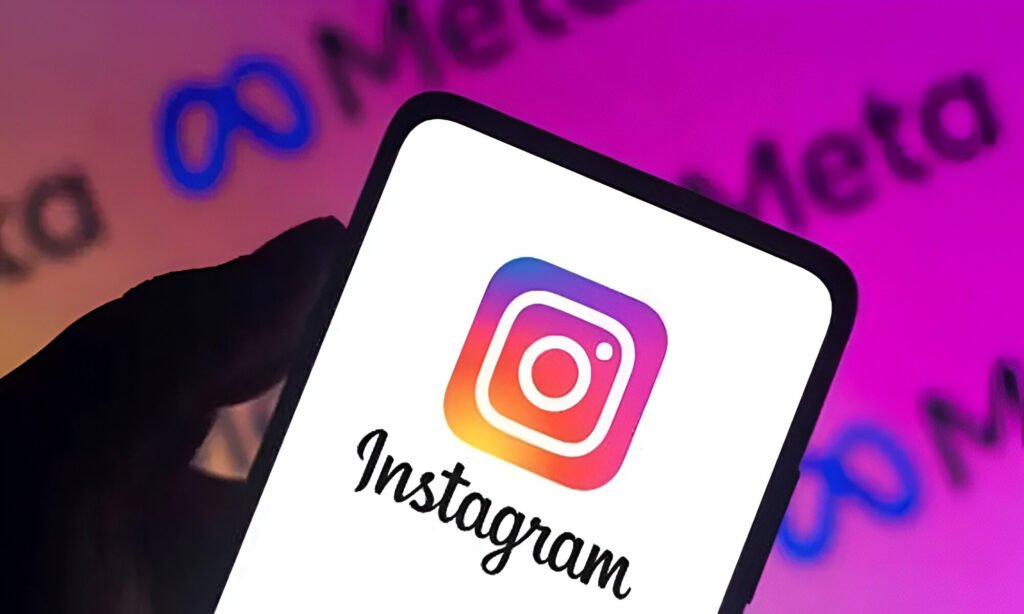
Critics say that those moves “make a bad precedent.” Human rights defenders say they warn that the use of national security to silence voices, especially journalistic or religious ones, endangers press freedom and increases polarization in the region. The fact that @Muslim, a global news and advocacy platform for Muslim issues, was restricted during a period of heightened Indo-Pak conflict has only deepened concerns.
“It’s hard not to see this as politically motivated,” said a digital rights activist based in New Delhi, speaking on condition of anonymity. “It’s not just about one page being taken down—it’s about shaping the narrative, controlling what people can and can’t see.”
Disinformation and Digital Warfare
The online landscape has become another battlefield in the India-Pakistan conflict. Social media platforms are flooded with disinformation: deepfake videos, outdated war footage, and doctored images are circulating widely, often misleading users into believing they reflect current events.
Authorities in both nations have struggled to contain this wave of misinformation, though independent fact-checkers say the efforts are far from adequate. Amid this digital chaos, platforms like @Muslim have played a role in offering alternative narratives, which may explain the rising discomfort from governments seeking to maintain their own versions of events.
International Reaction
While there has been no formal reaction from global watchdogs yet, the story has drawn attention internationally, particularly after U.S. tech journalist Taylor Lorenz’s media outlet, User Magazine, first reported on the ban.
In an unexpected turn, former U.S. President Donald Trump weighed in on Wednesday, urging both nations to cease hostilities immediately and offering to help mediate peace. Whether such an offer gains traction remains uncertain, but it underscores how far-reaching the consequences of this conflict—and the surrounding digital censorship—have become.
A Fight for Digital Freedom
As the dust settles around the Instagram ban, one thing remains clear: the digital space is no longer neutral. It’s a contested ground where political power, public opinion, and freedom of expression constantly collide. For @Muslim’s founder and millions of followers worldwide, the fight continues—not just for access, but for the right to be heard.

